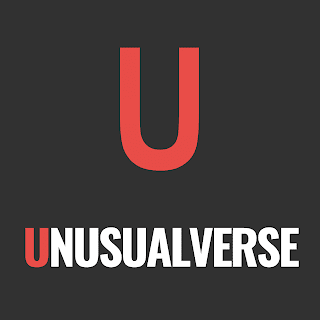Dr Kate Rowley is a Deaf researcher and academic specialising in language and literacy development in deaf children. Her work focuses on promoting bilingualism and multilingualism among deaf children and adults, supporting early access to sign language to foster cognitive and linguistic benefits. She is currently a lecturer at University College London’s Deafness, Cognition and Language (DCAL) unit and actively engaged in research projects that include assessing and improving language comprehension in deaf children.
Education and Academic Background
Rowley pursued her doctoral studies at University College London (UCL), affiliated with the DCAL Research Centre. Her PhD research delved into the early acquisition of BSL, investigating how young Deaf children develop grammatical structures in the language. This foundational work established her expertise in the field of sign language acquisition[1][2]. She holds a strong commitment to research directly relevant to the Deaf community and educational practice.
Career and Research Focus
As a Research Fellow at UCL's DCAL, Rowley continues her investigation into BSL acquisition and development. A significant portion of her research focuses on the impact of early exposure to BSL on Deaf children's linguistic, cognitive, and social development. She employs linguistic analysis to chart the milestones and patterns in how Deaf children learn BSL from infancy, emphasizing the importance of rich and accessible language input from birth.[1][2][5].
Her research has practical implications for policy and practice in Deaf education. Rowley is a vocal advocate for providing Deaf children with access to fluent BSL models from the earliest possible age, arguing that this is fundamental for their overall development and future success in both BSL and English literacy. She highlights the parallels between early spoken language acquisition and the necessity for early, consistent exposure to a natural sign language like BSL[5][6].
Rowley actively disseminates her research findings beyond academia. She writes accessible articles for platforms like The Conversation, addressing topics such as the critical need for early language access for Deaf babies and children, and the role of BSL in their development.[3].
Interpreter Training and Professional Development
Leveraging her deep linguistic expertise and lived experience as a Deaf person, Rowley is also involved in professional development for British Sign Language interpreters. She serves as a trainer and consultant through organizations like LinguistPD, offering specialized courses on BSL linguistics and the application of linguistic knowledge to interpreting practice. Her training focuses on enhancing interpreters' understanding of BSL structure, grammar, and sociolinguistic nuances to improve the quality and accuracy of interpretation.[4].
Recognition
Rowley's work is recognized within the academic community and the Deaf community. Her research presentations, such as those delivered at conferences like the British Deaf Association (BDA) conference, contribute to ongoing dialogues about Deaf education and language rights.[5].
- Kate Rowley personal website. (n.d.). About.
- University College London (UCL). (n.d.). Dr Kate Rowley profile.
- The Conversation (n.d.). Profile: Kate Rowley.
- LinguistPD. (n.d.). Trainer: Kate Rowley.
- O'Dell, L. (2025, July 19). ‘No evidence’ BSL harms speech or literacy, as researchers stress benefits of early access. Liam O'Dell: Freelance Journalist.
- BBC. (2023, March, 13). BBC Radio 4 - New Thinking: British Sign Language










